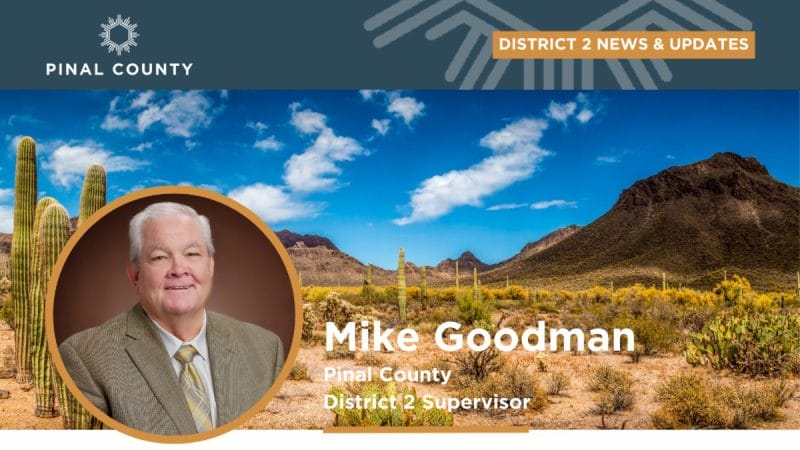Lake Mead
One bill in the package, H.R. 8435, or the Colorado River Drought Response Act, would give the Department of the Interior $500 million in discretionary funds to relieve pressure on the Colorado River system and prevent Lake Mead and Lake Powell, which are at historically low levels, from declining to critically low levels./Photo by Deposit Photos
By Zayna Syed | Arizona Republic
The U.S. House passed a sweeping drought and wildfire relief package Friday that authorizes funding for drought-relief efforts on the Colorado River, strengthens wildfire recovery efforts and upholds tribal water rights along the Arizona-California border.
The measures, sponsored by Reps. Greg Stanton and Raúl Grijalva, both Arizona Democrats, are part of a larger package of 49 bills that seek to prepare the U.S. for an increase in droughts and wildfires, called the Wildfire Response and Drought Resilience Act.
The package passed with 218-199, mostly along party lines.
The money isn’t guaranteed. The package still needs to pass the Senate, which has blocked Democratic-backed House bills often this session. If it passes both the House and the Senate, the package will go to the White House for the president’s signature.
One bill in the package, H.R. 8435, or the Colorado River Drought Response Act, would give the Department of the Interior $500 million in discretionary funds to relieve pressure on the Colorado River system and prevent Lake Mead and Lake Powell, which are at historically low levels, from declining to critically low levels.
The Colorado River, which is particularly sensitive to climate change, has seen declining water levels for years and last August the federal government took the unprecedented step of declaring a shortage on the river, triggering water cutbacks to some Arizona farmers.
Under the bill passed Friday, states and other entities, including the Central Arizona Project, could apply for grants for a range of things, including compensating users who volunteer to cut back their water use, drilling wells, lining canals to prevent water from seeping into the ground and increasing efficiency for hydropower production.
The bill also puts a shorter timeline on certain elements from the Bipartisan Infrastructure Law, including the implementation of a water recycling and reuse program, and funding to improve watershed health.








